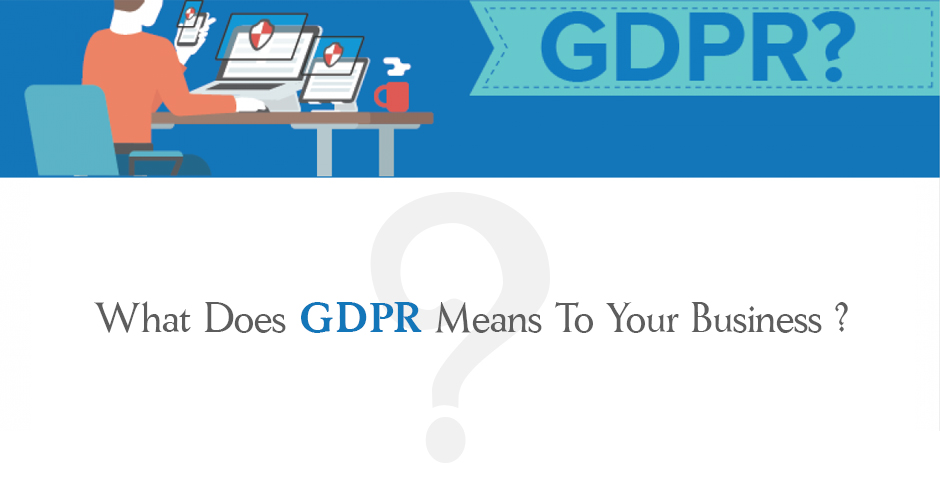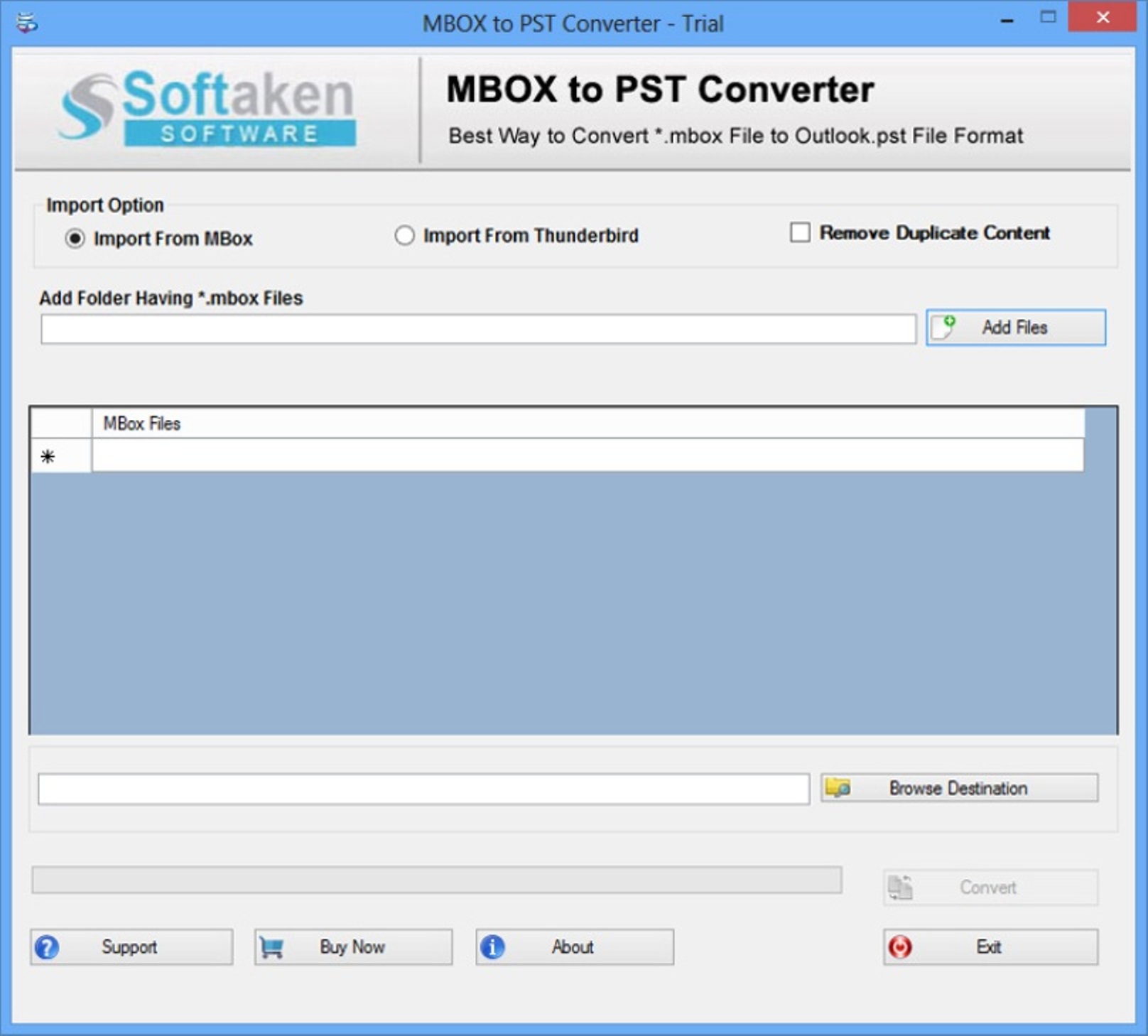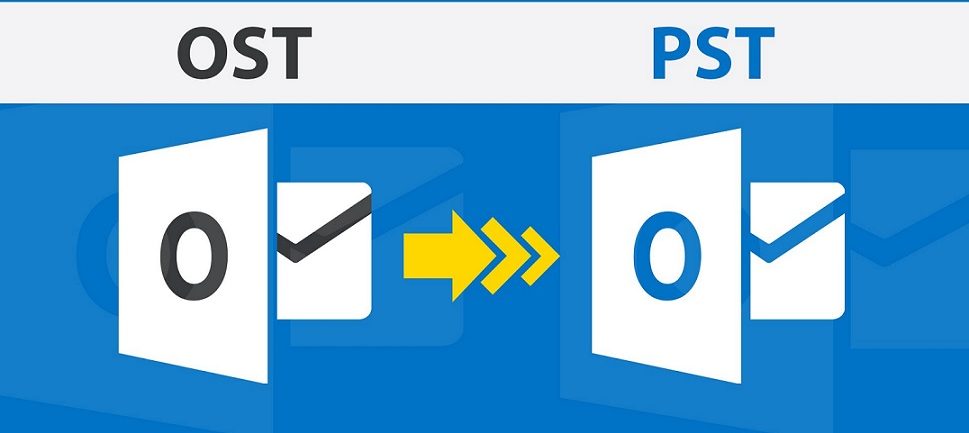Recollect the time when your mail inboxes were crammed with the company’s privacy policies and you just brush it off as they seem obnoxious. Many websites, applications, services are on the belt to obtain their new policies and terms of service in order. We all received emails from Facebook, LinkedIn, Instagram, GoDaddy, Twitter, Quora, Pint rest, Skillshare and many more which requires to sign up to access their services. The sudden charge of these updates is because of Europe’s General Data Protection Regulation (GDPR) law which was approved in 2016 but put into the effect from 25 May 2018.
Basically, the GDPR law is a replacement of earlier law, EU Data Protection Directive of 1995 which was applied to the entities that are located within the EU. But now, the GDPR law has spread its wings across nations which affects almost every adtech company and its clients as a freelancer. As per the Ovum report, 85 percent of America based companies are on the brink of the bombshell.
GDPR is assumed to be a tightener for businesses who have either inadvertently or by intention and know shared the private details of their users and visitors. These austere privacy policies contained in 261-pages and released to the public much before the expiry of the deadline. If you are in a predicament how, allow me to elaborate further. For instance, Facebook throws a wall of text on your screen with a checkmark at the bottom saying that “I agree” or “continue as Jon.”
Technically, we have given our information to many sites that we can’t any longer to help them get profited with our data. We have given consent to track our Global Positioning System (GPS) data, cookies, user IDs, IP addresses, MAC addresses, credit card number, address, personal info and almost everything. All this information is sorted, processed and stored. That’s how many online operators serve and we never cared about where it’s transmitting. Even reputed and mass-appeal media portals like Facebook have aided in the reckless distribution of private details of millions of users thereby compromising their privacy.
So, the GDPR is aiming to set new strict rules regarding the collection and processing of personal data. Under the GDPR privacy policy,
- An individual has the right to request to access their personal data and question how the data will be used once gathered. The concerned organization must provide a copy of the collected personal data.
- If the end users are no longer the customers of that particular service, the companies have no right to maintain the relevant data unless ordained by legal agencies. Similarly, every individual has the right their to seek for deletion of their respective data.
- Individuals have the right to data portability i.e., they have the option to transfer the data from one service provider to another. Note: It must happen only through the machine-readable format.
- End users have the right to restrict the processing of their data.
- Individuals have the right to get data modified. This ensures that the customers can update or correct the existing data in the organizations.
With the enactment of GDPR on board, not only businesses have to confirm that the personal data is gathered legally with the user’s consent under crystal clear conditions, but the services who gather and manage will also be obliged to protect it from any exploitation or misuse. The ultimate goal is to broaden the rights and protect users’ personal information.
What does GDPR mean for your business?

General Data Protection Regulation obviously has created a ripple effect in the market. Businesses have to prepare themselves for compliance. Every organization should have a valid reason to store the personal data of the users. So, you should receive permission for every data processing you make. Data processing documentation has been made mandatory by GDPR. Your company needs to maintain the detailed records when the user has given consent and what are the terms that users agreed on. Organizations must be comprehensible in demonstrating that they obtained the information legally which falls under “terms and conditions.”
As discussed, any organization that deals with the EU customers have to comply, the General Data Protection Regulation is turned out as the first real legal Dallas law firms for the purpose of business security and data protection. Moreover, the businesses with 250+ members must employ a Data Protection Officer (DPO). Whenever there is a breach in the privacy issue, the data controller must bring the issue into the Data Protection Authority (DPA) notice within 24 hours. (DPO)
Data is everywhere. It flows from a multitude of channels to manufactures through a various number of ways such as Dealer Management Systems (DMS), Customer Relationship Management (CRM), social media channels and e-mail. In these scenarios, the information is being passed to call centers, real estate dealers, brokers of any field, marketing specialists and so on which results in the zero privacy for the personal information of the users. With the advent of GDPR, it is essential for organizations how to deal with the business data capturing of the customers with their consent. In case of any violation of the GDPR policies, the organization needs to pay as follows:
-
€10 million or 2% of that company’s global annual turnover of the prior financial year, whichever is higher
-
€20 million or 4% of that company’s global annual turnover of the prior financial year, whichever is higher.
So, every business must be extremely careful hereafter to protect themselves and to keep the end users’ data safe. This is one of the biggest changes that the digital world has experienced lately.
Author Bio:
I am a Content Strategist currently living in Kingston City, Canada, and more into business growth hacking tactics with the aid of business messenger which boost the potency of my work in an efficient way.









